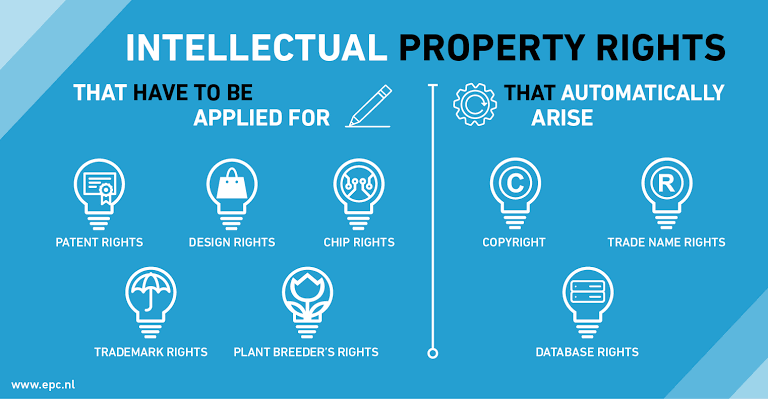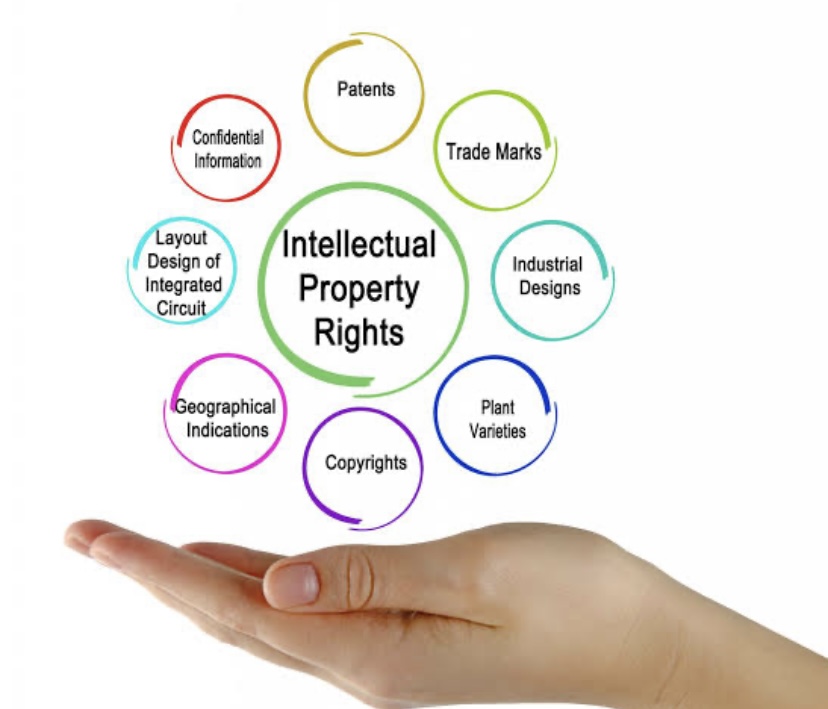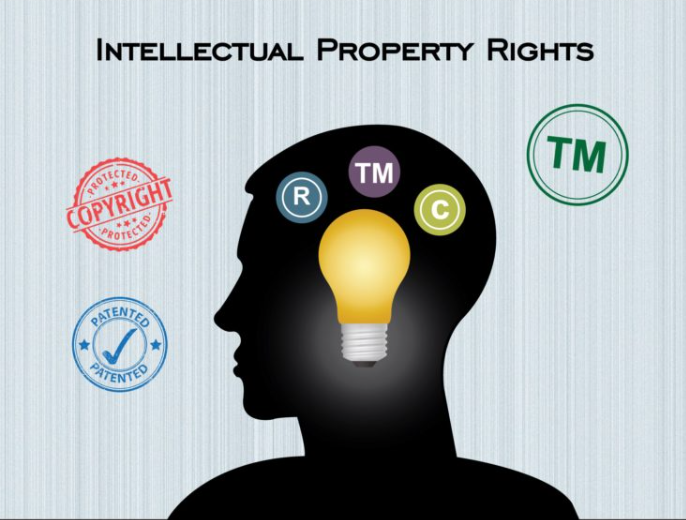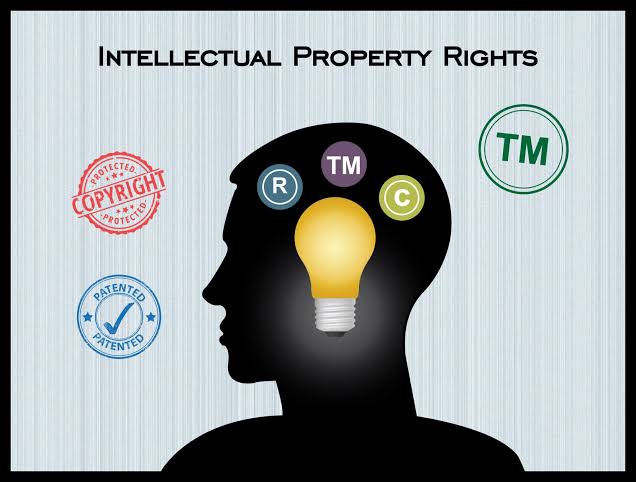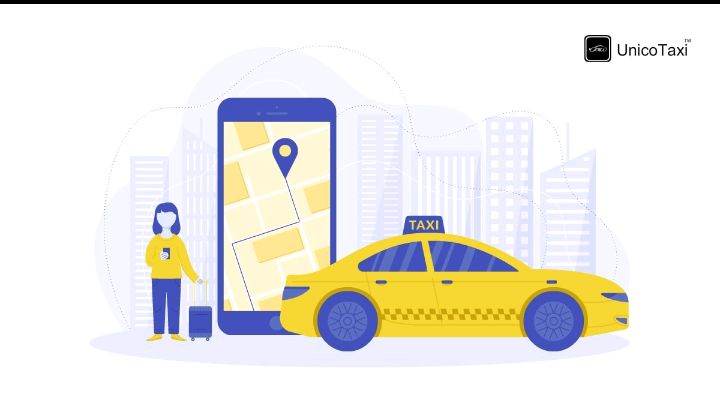
DEFINITION OF TERM
A ride-hailing technology startup is a company that develops and operates a digital platform, typically a mobile app, to connect passengers with drivers for transportation services. This platform facilitates on-demand rides, often using GPS tracking and payment processing.
BUSINESS STRUCTURE
For a ride-hailing technology startup, the business structure most suitable is a Limited Liability Company(LLC) as this particular structure allows owners to share profits and losses and they see fit, and make changes easily. With this business structure as a Limited Liability Company, the ride-hailing technology startup only pays taxes once, unlike Corporations that pay twice ( on profits and dividends). This business structure keeps personal assets( like homes, cars and savings) very safe from business related lawsuits and debts.
LEGAL REQUIREMENTS AND REGULATIONS
To operate a ride-hailing technology startup in Nigeria, you must comply with the following legal requirements and regulations:
1. Company Registration: The first and foremost thing to be done is to register the company with the Corporate Affairs Commission (CAC) as a Limited Liability Company ( LLC)
2. Business License: A business license must be gotten from the relevant state government or local authority.
3. Compliance with NITDA : The regulations and guidelines of the agency in charge of data protection and privacy which is the National Information Technology Development Agency must be followed.
4. FRSC guidelines: Obedience of the Federal Road Safety Corps (FRSC) regulations for both road safety and transportation.
5. NCC guidelines: The Nigerian Communications Commission registration grants startups the license to operate digital services, including ride hailing platforms of this kind. Compliance with the NCC regulation is very essential.
6. Tax Registration: This is paramount to register for tax purposes with the Federal Inland Revenue Service (FIRS) and obtain a Tax Identification Number (TIN)
7. Consumer Protection: Comply with the consumer protection regulations and ensure customer data protection.
8. Driver and vehicle regulations: The drivers and vehicles comply with relevant regulations, such as driver’s licensing, vehicle registration and insurances.
PROTECTION OF INTELLECTUAL PROPERTY
To protect the mobile app and business model:
- Register the app with the Nigerian Copyright Commission (NCC)
- File for a patent with the Nigerian Patent Office
- Use non-disclosure agreements (NDAs) with employees and partners
- Trademark the company name and logo.
POTENTIAL CHALLENGES AND RISK ASSOCIATED WITH OPERATING AN E-HAILING TECH STARTUP IN NIGERIA
Operating an e-hailing tech startup in Nigeria poses unique challenges and risks, particularly amidst rising fuel prices. Key concerns include:
1. Fuel Cost Instability: Especially in recent times, surging fuel prices can hike operational costs for drivers, potentially slashing their earnings and sparking dissatisfaction.
2. Changes in government policies or regulations can impact the startup's operations, such as licensing requirements or service restrictions.
3. Unhealthy Competition: Tense rivalry from established players and new entrants can erode market share and revenue.
4. Infrastructure Hurdles: Poor road conditions, traffic congestion, and limited internet access can hinder service quality and expansion.
5. Safety and Security Worries: Incidents like kidnappings or robberies can undermine driver and passenger trust.
6. Payment and Financial Access Barriers: Limited access to digital payment methods and financial services can restrict user adoption.
7. Driver Recruitment and Retention: Attracting and retaining drivers can be tough due to competition and fluctuating fuel prices.
NECESSARY LICENSES AND PERMITS
Obtain:
- Business registration certificate from CAC
- Tax identification number (TIN) from FIRS
- NITDA data protection compliance certificate
- FRSC transportation permit
- NCC telecommunications licenses
- Ensure drivers are properly licensed and insured
- Implement a rating system for drivers and passengers
- Establish a dispute resolution mechanism
- Comply with consumer protection regulations









